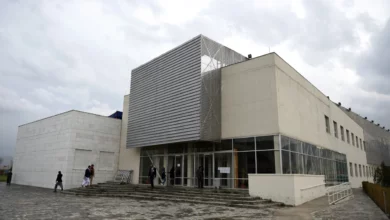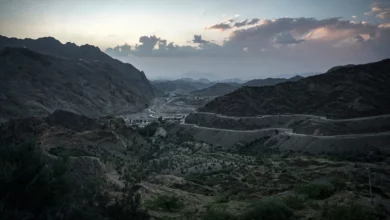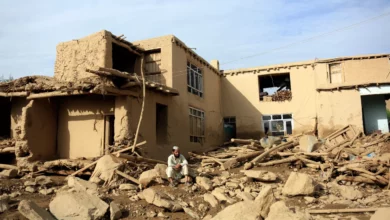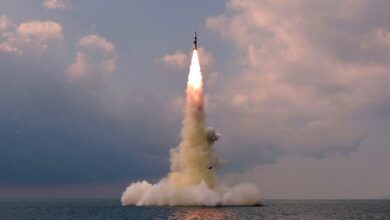Kabul–The Afghan war has notched up another grisly record, with the number of international troops to die in the fight against the Taliban the highest for the month of January since the war began.
With tens of thousands more international troops being deployed to Afghanistan this year, analysts and officials are warning the deaths of 44 foreign soldiers in January is a sign of things to come.
The record death toll comes as the Kabul government and its international partners shift the war’s emphasis from battleground to development, and start focusing on attempts to convince Taliban infantry to lay down their arms.
In the meantime, experts say more troops means more casualties as foreign forces take the fight to the Taliban–with a major offensive planned for this week likely to be the first of a battle-scarred year.
"With more foreign forces, and the enhanced quality and quantity of Afghan forces, the enemy will use all its capacity to show that the surge is causing further instability," said defence ministry spokesman General Zahir Azimi.
"When the fight increases, the area of the fight expands accordingly, so the casualties will increase," he told AFP.
The 113,000 troops fighting the Taliban under US and NATO command are being supplemented with another 40,000 arriving up to August, to fight with and train up Afghanistan’s security forces.
January’s foreign troop deaths, reported by independent website icasualties.org, which keeps a running tally, compares with 25 in January 2009.
The number of Americans who died last month in the conflict now in its ninth year was almost double the number for January last year, at 29 compared with 15, the website says.
The January death toll follows records set in 2009 for total foreign troop deaths–520 compared to 295 the year before–and Afghan civilians, which the United Nations put at 2,412, against 2,118 in 2008.
"This year will be the worst fighting year in the last 30 years of war, because the soldiers being deployed here are not coming to play, they are coming to put pressure on the Taliban to accept peace talks," said Ahmad Massoud, economics professor at Kabul University.
Some 10,000 US Marines have poured into the Marjah region of Helmand province, preparing to flush the Taliban out of their major stronghold.
The offensive is expected to get under way this week, and has been preceded by minor operations in the surrounding area, where most of the world’s opium is produced and which helps to fund the insurgency.
It mirrors a similar push into Helmand’s Garmser region last year, seen as a major success in paving the way for development and peace.
As the nature of the fight has changed, the defence ministry’s Azimi said, with the Taliban increasingly using suicide attacks and remote-controlled bombs, there had been no traditional winter hiatus in the fighting and spring was likely to be ferocious.
"We will have the most intense clashes come the spring, and will shed the most blood this year," he said.
Integral to the new strategy is President Hamid Karzai’s desire to reintegrate those he calls his "disenchanted brothers" into Afghan society by offering them an alternative to the cash they earn fighting for the Taliban.
This "reconciliation" was a focus of last week’s London conference attended by around 70 countries hoping to chart a roadmap for Afghanistan’s future.
Taliban foot soldiers, many of whom are poor and unemployed, are to be offered jobs in return for renouncing violence as part of a project that will be funded with 140 million dollars in pledges in the first year.
Political analyst Ahmad Saedi said the plan is not likely to pay a peace dividend as he expects many people will pose as militants to get the cash.
"I think this idea of making payments will see people such as criminals suddenly becoming ‘Taliban’, and others travelling from one part of the country to another to be paid, and that essentially this money is going to be wasted and will not serve any purpose in bringing peace," he said.
Afghanistan needed a political solution, he said, and the London conference had failed to come up with an effective way of folding neighbours, including Iran, Pakistan and China, into the country’s future.




